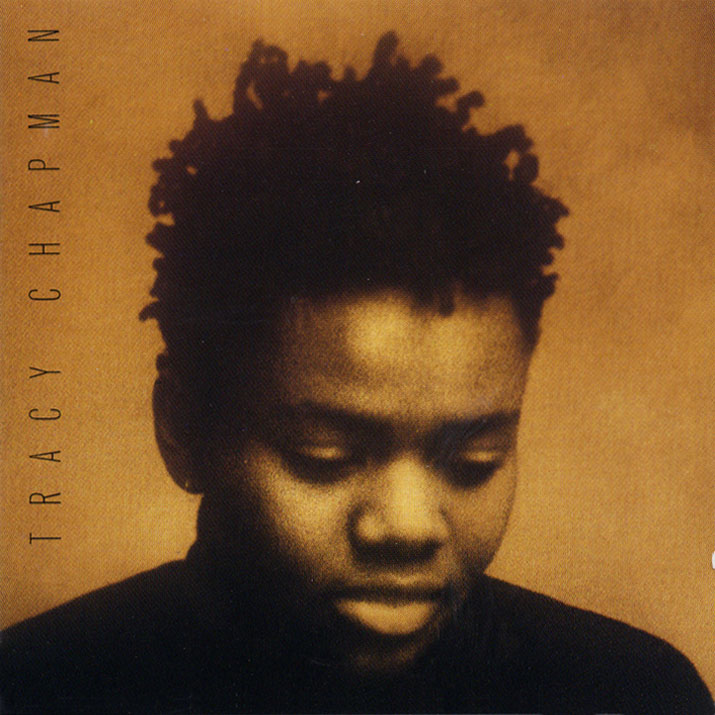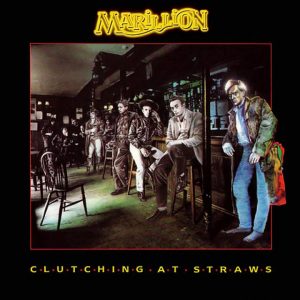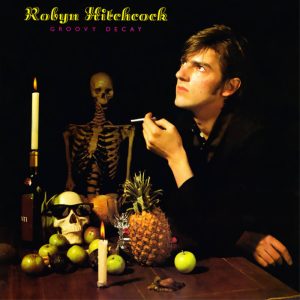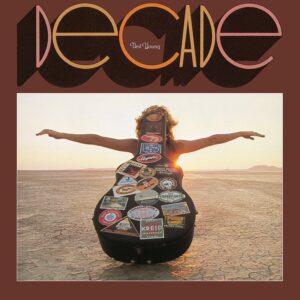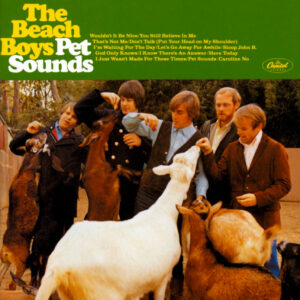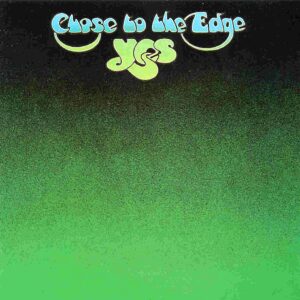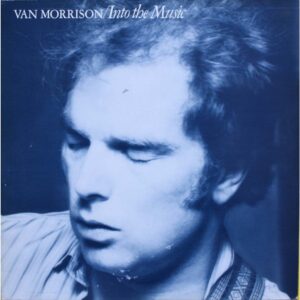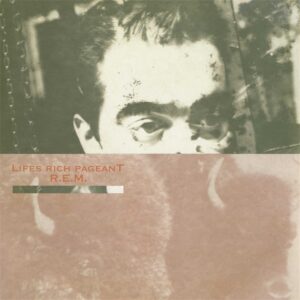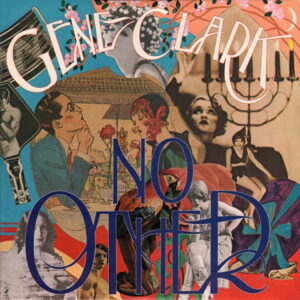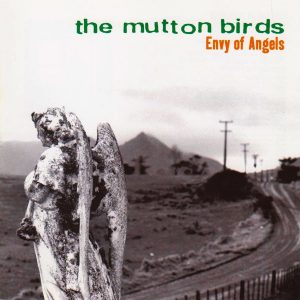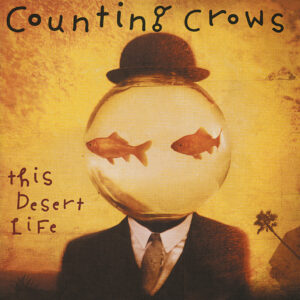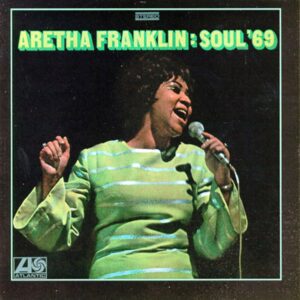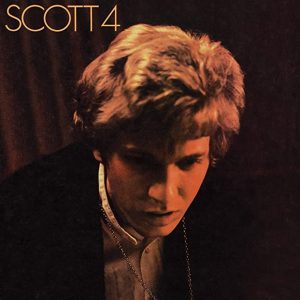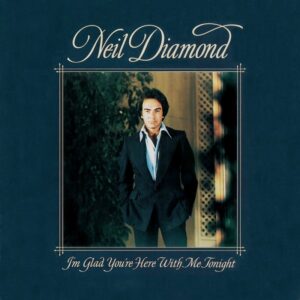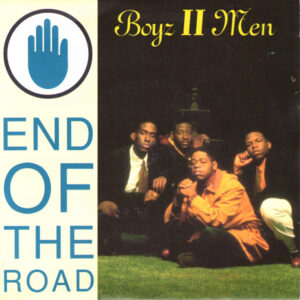
This page collects odds and ends from 1980s artists:
Beastie Boys | Tracy Chapman | Rush | Toto
Beastie Boys
Paul’s Boutique
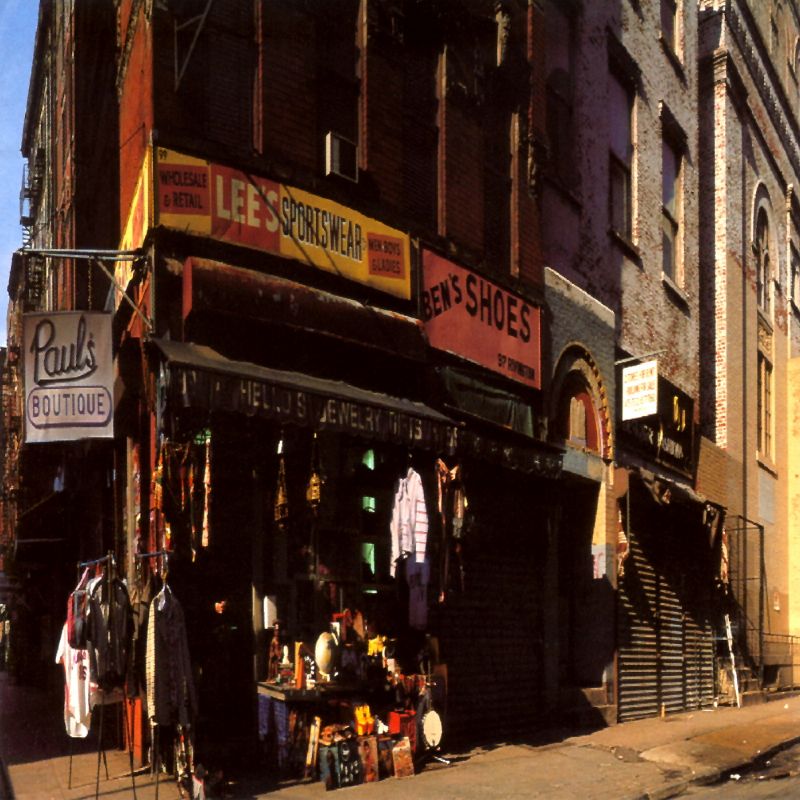
1989, 9/10
Paul’s Boutique was initially a commercial disappointment for hip hop trio the Beastie Boys after the enormous success of their 1986 debut Licensed To Ill, although it’s since been recognised as a landmark. Paul’s Boutique had the good fortune to be released before tighter rules were introduced around sampling, allowing collaborators The Dust Brothers to create a dense wall of sound. Memorable moments like the sampled Johnny Cash cameo in the closing suite, and the guitars from The Beatles’ ‘The End’ on ‘The Sounds of Science’ serve to tie Paul’s Boutique into the grand tradition of pop music – for a full list of what was used, see http://paulsboutique.info/songs.php.
A lot of Paul’s Boutique is simply great pop music, and inflected with pop sensibilities, like the hilariously countrified ‘Hey Ladies’, and the single ‘Shadrach’. There’s also a noteworthy medley at the end – the thirteen minute of ‘B-Boy Bouillabaisse’, which seems like a clearing house for all the album’s undeveloped ideas, but it’s still entertaining in its own right. Some of the more abrasive material, such as ‘Lookin’ Down the Barrel of a Gun’, is not as enjoyable as the pop oriented songs, and personally I’d prefer an album full of light and catchy material like ‘Shake Your Rump’.
Despite their musical refinement, the Beastie Boys are barely less bratty than they were on Licensed To Ill; obnoxious one liners like such as “I’m madder than Mad’s Alfred E. Newman,” and “I’ve got the girlies in the Coupe like the Colonel’s got the chickens” still abound.
There is plenty to admire on Paul’s Boutique; the trio are bursting with ideas, and The Dust Brothers are fantastic collaborators.
Tracy Chapman
Tracy Chapman
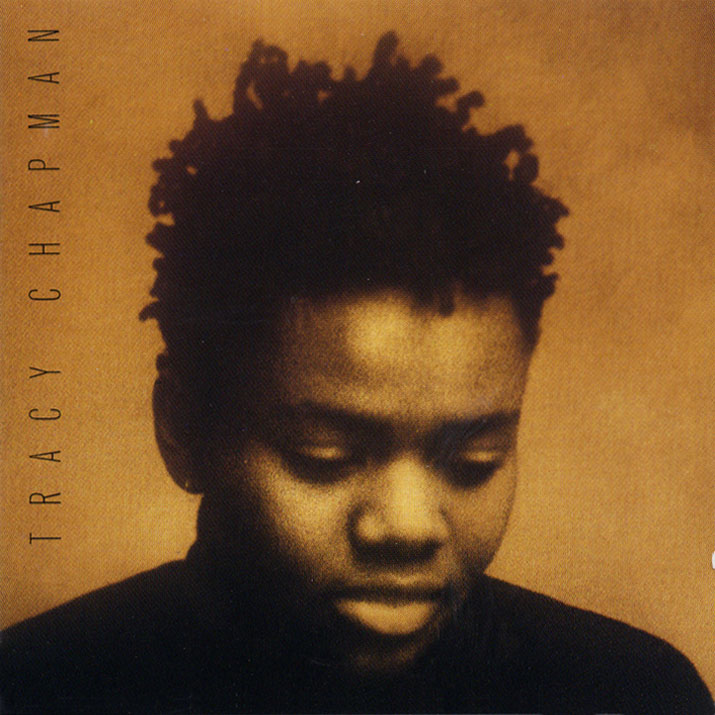
1988, 8/10
If you happen to have bought my old car, you’ll find a copy of Tracy Chapman permanently stuck in your cassette deck. Tracy Chapman was born in Ohio, and graduated with a degree in anthropology and African studies before launching her musical career. While contemporary politically focused hip-hop groups such Public Enemy were drawing attention to social issues in their work, Tracy Chapman packaged the same issues for the mainstream.
Tracy Chapman is a singer-songwriter album, with arrangements varying from the a capella ‘Behind The Wall’ to the commercial pop of ‘Baby Can I Hold You’, but the focus is firmly on Chapman’s lyrics and performances. She criticises a soulless America in the social commentary of ‘Fast Car’ and ‘Mountains O’ Things’, and her social conscience songs are accompanied by relatively unsentimental relationship songs. More than fifteen years after Tracy Chapman‘s release, singles ‘Baby Can I Hold You’, ‘Fast Car’ and ‘Talkin’ Bout A Revolution’ have aged very gracefully and are Chapman’s best loved work, while album tracks like ‘Why?’ and ‘For My Lover’ are also solid.
Chapman’s never matched the impact of her debut, and it’s likely that it’s what she’ll be remembered for.
Rush
Moving Pictures
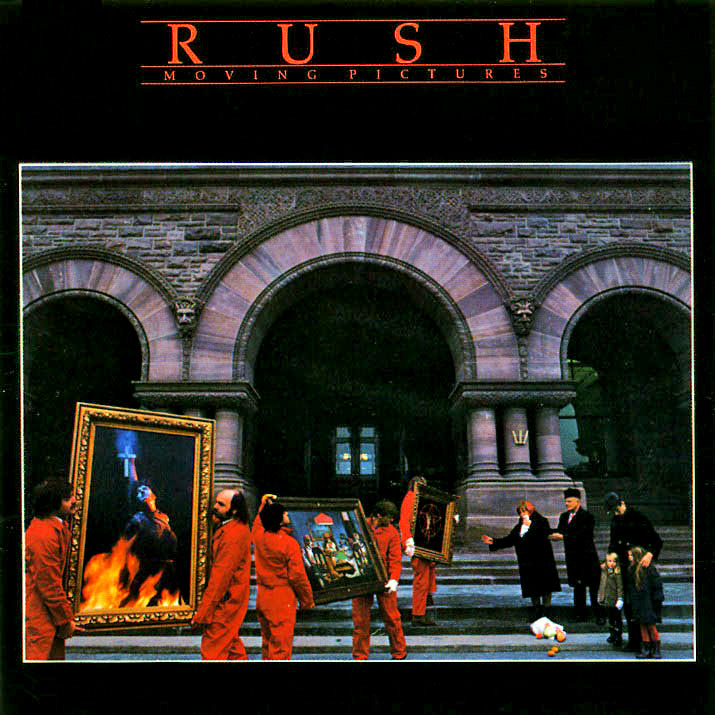
1981, 8/10
Canadian progressive power trio Rush released their debut in 1974, but unlike most of their contemporaries they adapted very well to the 1980s; the group’s emotionless, clinical style is well suited to the more synthetic sound of the era. 1981’s Moving Pictures marks the closest Rush came to the mainstream, with their newly synth heavy sound and three piece setup not unlike contemporary work from The Police. Drummer Neil Peart’s lyrics are similar in tone to Rush’s earlier work, but feel less awkward here, while Geddy Lee’s voice is also lower and less irritating.
The opening ‘Tom Sawyer’ is accessible, and remains Rush’s signature song with its belching synthesizer and anti-establishment lyric. In fact, despite only a superficial acquaintance with their discography, I’d be willing to wager that the first half is the best album side that Rush ever produced – ‘Tom Sawyer’ is followed by the impressively epic ‘Red Barchetta’, a memorable instrumental ‘YYZ’, and album highlight ‘Limelight’, which constantly and seamlessly shifts tempo under a sweet pop melody.
The second side isn’t quite as impressive – ‘The Camera Eye’ is pretty, but doesn’t justify an eleven minute running time, while the final two songs are relatively forgettable. I’m never going to be a huge fan of Rush, but Moving Pictures is a very strong entry in their catalogue.
Retrospective II: 1981 to 1987
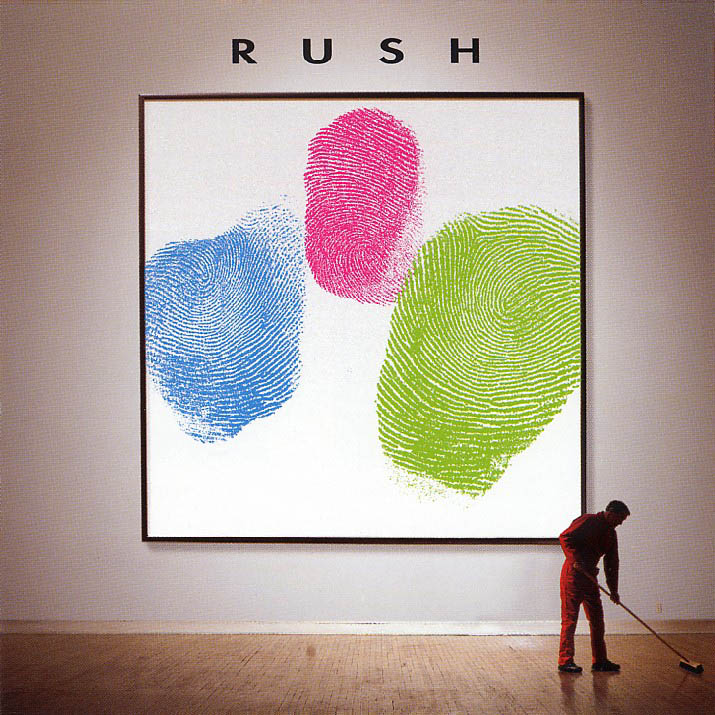
1997, 8.5/10
While conventional wisdom is that Rush’s 1980s albums decreased in quality through the decade, as Geddy Lee’s synthesisers became louder and Alex Lifeson’s guitar was turned down, their 1980s Retrospective is much stronger than its 1970s counterpart. It collects material from their albums from 1981’s Moving Pictures to 1987’s Hold Your Fire. While the 1970s saw the group trying different styles to establish their career, their 1980s highlights are more consistent, both in quality and in tone, and more than most compilations, Retrospective II flows like a studio album.
The three songs from 1981’s Moving Pictures are all highlights – ‘Tom Sawyer’, ‘Limelight’, and ‘Red Barchetta’ – as is ‘Subdivisions’ from the followup Signals. The group purposefully turned up the guitars for 1984’s Grace Under Pressure, and ‘Distant Early Warning’ and ‘Red Sector A’ both rock. 1985’s ‘Marathon’ is also large sounding and excellent, but my favourite Rush song is 1987’s ‘Time Stand Still’, an uncharacteristically tender lyric from Neil Peart, with backing lyrics from Aimee Mann.
While I’m lukewarm about Rush’s 1970s work, their 1980s work represented on Retrospective II is much more palatable, and often excellent.
Toto
Toto IV

1982, 7.5/10
It aroused horror among music critics worldwide when it won the Grammy for album of the year, but Toto IV stands up well as an album of jazz inflected pop/rock, demonstrating the difference between being a critic’s favourite (the group peddle vapid love songs) and being a muso’s favourite (the group’s playing is fluid and sophisticated). Formed by a bunch of studio musicians who figured they’d played on so many hit songs that they’d be capable of creating their own, Toto surfaced with their 1977 breakthrough hit ‘Hold The Line’ before languishing in obscurity until this record broke them into the big time. Toto followed up IV with a soundtrack for Dune and a subsequent nosedive back into obscurity.
Yet Toto IV holds up well, and even the double synthesiser attack is mostly restrained and tasteful. Book-ended by the ubiquitous ‘Rosanna’, a lovelorn plea to actress Rosanna Arquette, and the even more ubiquitous ‘Africa’ with nonsensical lyrics, and the middle is mostly filled by competent pop songs that could have been hits if necessary. ‘I Won’t Hold You Back’ is delivered well by guitarist Steve Lukather, whose more vulnerable tones contrast well with Bobby Kimball’s manly bravado. The group also ride funky grooves like ‘Make Believe’, ‘Good For You’ and ‘Waiting For Your Love’, all with memorable choruses and inventive chord sequences. Toto IV only ever loses momentum with the ‘It’s A Feeling’, which turns into a mushy synth-fest, and ‘We Made It’ which dispenses with the melodies that make the rest of the album so great.
Toto IV is soulless and meaningless, but it sure sounds great while it’s on.
Back to 1980s Reviews…
Related Pages
About
Aphoristic Album Reviews is almost entirely written by one person. It features album reviews and blog posts across a growing spectrum of popular music.
Review Pages
Read about the discographies of musical acts from the 1960s to the present day. Browse this site's review archives or enjoy these random selections:
Blog Posts
I add new blog posts to this website every week. Browse the archives or enjoy these random selections:
